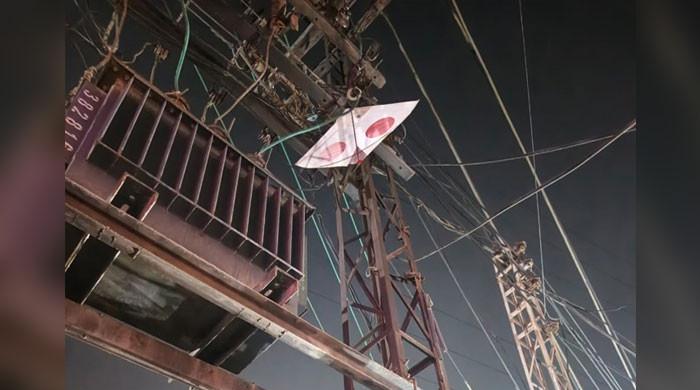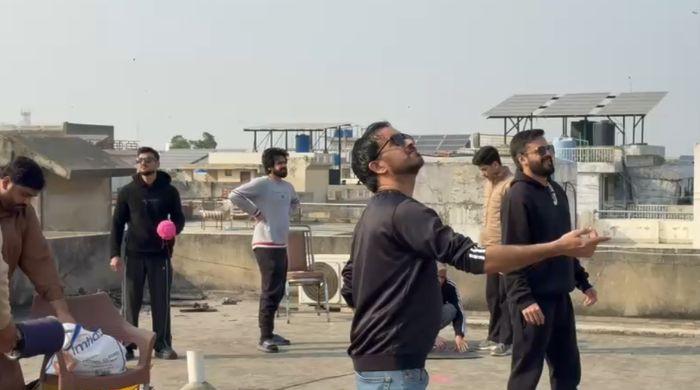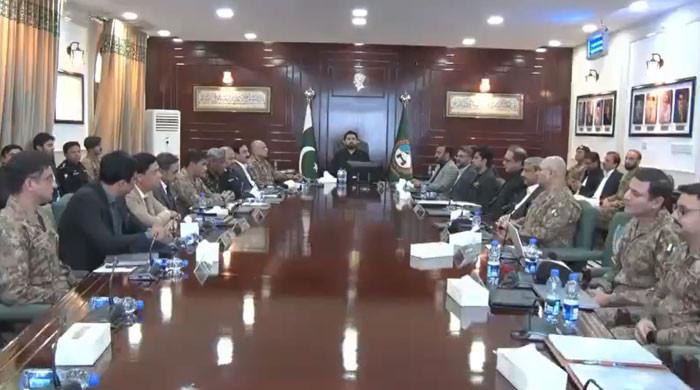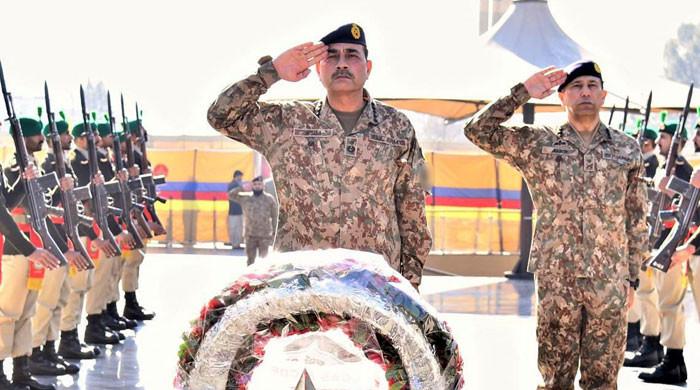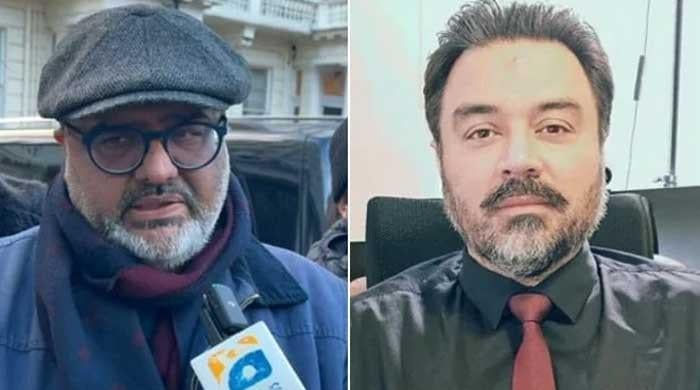Election 1985: From Gen Zia-ul-Haq's non-party polls to Nawaz Sharif's big political debut
This video report, covering the 1985 polls, is part of a series about the history of Pakistan elections since 1970
January 26, 2024
In 1977, General Zia-ul-Haq dismissed Zulfiqar Ali Bhutto’s government, imposed martial law, and seized power, pledging to conduct elections within 90 days and transfer power to the elected government.
However, history reveals that his 90-day commitment extended to over 11 years, as he clung to power until his death on August 17, 1988.
In December 1984, Zia conducted a referendum on whether voters supported his policies of Islamisation of Pakistan and whether they wanted his rule to continue for another five years.
Even children were allowed to participate in this referendum. As expected, Zia secured an overwhelming victory with 98% of the votes, providing him with a pretext to extend his rule.
Following constitutional amendments tailored to his preferences, Zia announced the scheduling of general elections on February 25, 1985. These elections were conducted on a non-party basis, a modification legitimised by amending the 1973 constitution.
The opposition alliance, Movement for the Restoration of Democracy (MRD), which included the Pakistan People’s Party (PPP), Rasool Bux Palijo's Qaumi Awami Tehreek (QAP), Jamiat Ulema-e-Islam (JUI), and others, chose to boycott the polls.
However, the MRD soon realised that their decision to boycott exacerbated factionalism and the use of money in elections.
The non-party-based elections also contributed to the low turnout, with 52.93% of 32,589,996 voters participating.
These elections marked the beginning of Nawaz Sharif’s political career as he became Punjab’s Chief Minister after the polls. The newly-elected assembly replaced the Majlis-e-Shoora, and instead of voting in the assembly, Zia appointed Muhammad Khan Junejo as the prime minister.
This assembly later introduced the 8th Amendment to the 1973 Constitution, granting the president the authority to dissolve the assemblies at any time.
After disagreements with Prime Minister Junejo, on May 29, 1988, Zia utilised Article 58 2(B) of the constitution to dissolve the assembly. Notably, Nawaz Sharif, then the CM of Punjab, was appointed as the interim chief minister of the province.
The writer is a staffer at Geo.tv, he tweets X@ranashaharyar01




